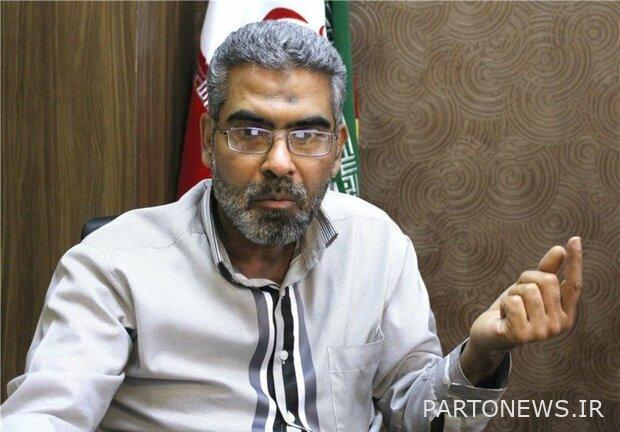Implementing sharia law in banking requires understanding the nature of the bank

Hossein Samsami, a member of the faculty of the university, pointed out the lack of proper understanding of the nature of banking in today’s meeting on “Money, Banking and Monetary Policies Proposed to the Thirteenth Government from the Perspective of Islamic Economics” by the House of Thought “I’m worried about the government’s actions in the field of economy over the last month or two,” Varzan said. Unfortunately, we will not be in a good situation if the new government continues in the same form. The explanations of economic experts should have been taken into account by the government. One of our demands was the appointment of a powerful commander for the economy, but there is a lack of coordination in the government’s economic team. The triangular headquarters of the leadership, the presidency, the parliament should have been formed, but it has not been.
He added: “The result of these inconsistencies is that we have not been able to brake inflation in the short term.” The use of tax instruments was not activated in the short term, and the government was unable to set up an economic database. On the other hand, the inconsistency of the government’s economic team in determining the fate of the 4,200 Toman currency is evident. I see no hope for improving the government’s economic situation.
Samsami continued: If the government does not pay attention to these issues, the same process will continue. People at least expected the 13th government to curb inflation. We believe this is possible. We also prepared operational plans with the help of experts.
Emphasizing that this concern of experts should be conveyed to the government, he said: “Two months have passed since the beginning of the government, but nothing has happened at the people’s table.”
Regarding Islamic banking, he said: “Forty years after the revolution, we have not yet been able to implement the rules of Sharia in the economy.” The authorities and seminaries still object to the banks that their system is usurious.
Asked why we could not implement the rules of Sharia in the economy, the university professor said: “I see one of the most important issues in the production of software in this field, which includes universities.” A few years ago, we reviewed the sources of Islamic economics, which collected 12,622 sources. 86% of these studies are dedicated to the post-revolutionary period, but with this volume of Islamic economics studies, we could not bring money, banks, stock exchanges, etc. closer to Islamic economics.
Samsami emphasized: “Our weakness in the field of systematization of Islamic economy, which is the implementation of these studies, is more visible and we have a serious problem.” For example, we took the conventional bank and then implemented some rules that finally, although interest-free banking was designed, in practice it is usury. Because we did not understand the nature of the bank, but we tried to implement Islamic rules in it.
He pointed out: This mistake was started in the field of Islamic banking by Shahid Sadr in the book of the economist and we repeated it. Until we understand the nature of the bank, any change in the banking law is doomed to failure. If there is to be reform in the banking system, it must be given the nature of the bank, as books have already been written on the subject and the government can use it.

